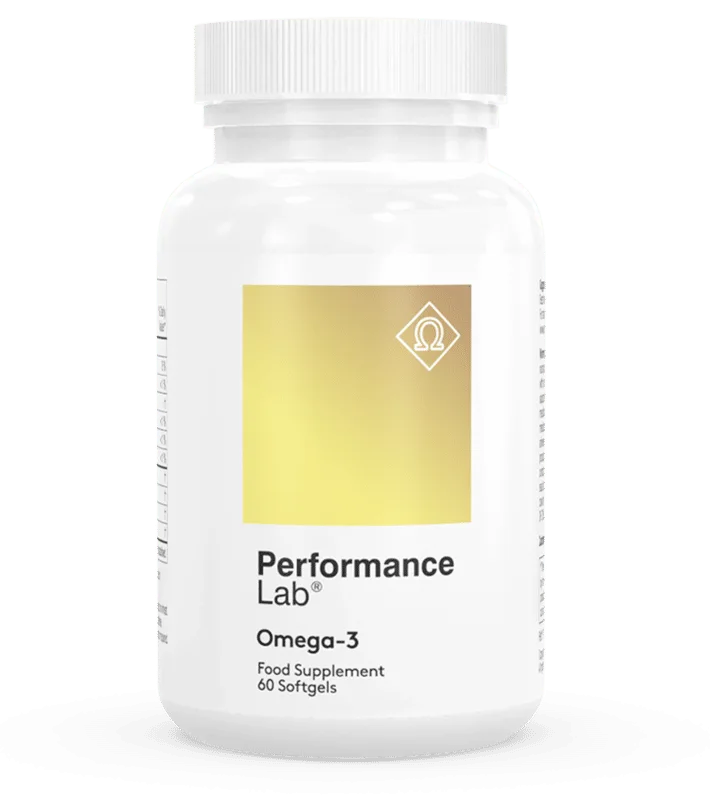A healthy sex life is key to a long, happy, and fulfilling relationship. But does omega-3 help sexually? Find out in this article!
Constantly failing to perform in the bedroom and not living up to your partner’s expectations can sometimes make or break a relationship, which is why you may be looking for natural ways to turn up the heat.
One thing you may not have considered is that your diet may be to blame for your lackluster libido. After all, what you put into your body affects every system, including your sexual health.
There’s an abundance of natural remedies out there, and you may have heard that omega 3s are beneficial in that department. The answer is that they are in multiple ways, including:
- Improving blood flow
- Improving sperm quality
- Positively affecting testosterone levels
- Enhancing dopamine
For many people, the idea of using Omega-3 fatty acids to improve their sexual function and performance may seem a bit far-fetched. The truth is, however, that these essential nutrients play a vital role in many of the body’s systems, including sexual health.
Let’s take a closer look at how Omega-3 fatty acids could help improve sexual function and performance.
4 Ways Omega-3 Fatty Acids May Improve Sexual Function
1. Improved Blood Flow
One of the most important things for sexual function is good blood flow. Omega-3s can improve blood flow by reducing inflammation and improving endothelial function [1]. The endothelium is the innermost layer of cells lining the blood vessels, and good endothelial function is essential for maintaining healthy blood vessels and proper blood flow.
Omega-3s have also been shown to reduce bad cholesterol levels and triglycerides, further improving blood flow. Ultimately, this can help those who have erectile dysfunction [2].
2. Improved Sperm Quality
It’s no secret that what you eat can affect your health in a number of ways. But did you know that the foods you eat can also impact your sperm quality?
That’s right, gentlemen. What you eat can affect your swimmers. And while you may not be able to control everything that impacts your sperm quality (age and genetics play a role, too), consuming more omega-3 can make a difference to your fertility [3].
Recent studies have shown a link between the amount of omega-3 fatty acids in your diet and the quality of your sperm. But don’t think that a little here and there will do the trick – consuming omega-3 regularly is precisely what you need when it comes to improving sperm quality (and enjoying the many other benefits of these essential fatty acids, of course).
3. Potentially Boosting Testosterone
As men age, their testosterone levels naturally decline – potentially leading to various health problems, including decreased muscle mass, increased body fat, and decreased bone density. Omega-3 fatty acids have been shown to help improve testosterone levels and can help offset some of the effects of age-related testosterone decline [4].
While there is no magic pill that can boost testosterone levels back to their youth, omega-3 fatty acids can help swing the pendulum in the right direction. Omega-3 supplements may help improve sexual function and performance for men struggling with low testosterone levels.
While more research is needed, omega-3s are safe and relatively affordable, making them worth considering for those looking for a natural way to improve their testosterone levels.
4. Improves Dopamine
It is no secret that a healthy sex life is important to a happy and fulfilling relationship. What you may not know is that your diet can significantly impact your libido. In particular, omega-3 fatty acids have been shown to improve dopamine levels, which can lead to increased sexual desire and pleasure.
Enhanced dopamine production has a number of benefits for overall health, including improved mood, motivation, and focus. But when it comes to sex, dopamine is essential. This neurotransmitter is responsible for sexual arousal and pleasure, and it plays a key role in the “reward” system that encourages us to seek out new and exciting sexual experiences.
So if you’re looking to spice up your sex life, omega-3 fatty acids may be just what you need. By increasing dopamine levels, these healthy fats can help take your sex life to a whole new level, alongside making healthy lifestyle changes such as exercising more and following a healthy, well-balanced diet.
Benefits of Omega-3 Beyond Sexual Health
While the focus of this article has been on sexual health, it’s important to note that omega-3s offer a wide range of other health benefits.
Reducing inflammation is one of the most important things that omega-3s do. Inflammation is a key driver of many chronic diseases, including heart disease, arthritis, and cancer. And so, getting in your daily dose is extremely important for keeping these diseases at bay.
Omega-3s have also been shown to improve brain health. Its role in cognitive function and mental health has been well-studied, with research showing that omega-3 can help improve memory, reduce inflammation in the brain, and even protect against Alzheimer’s disease and dementia.
So if you’re looking to improve your overall health, as well as your sexual function, make sure you’re getting enough omega-3 fatty acids in your diet. You can find these healthy fats in a variety of food sources, including fish, nuts, and seeds. And if you’re not getting enough from your diet, you can always supplement with a high-quality omega-3 supplement.
Upgrade Yourself® with Performance Lab® Omega-3

Clean, sustainable, and high-potency DHA+EPA benefits without the drawbacks of fish oil. Get Performance Lab Omega-3 now and discover the difference for yourself!
Does Omega-3 Help Sexually? – The Bottom Line
From improving circulation to boosting libido, omega-3 can have a positive impact on every aspect of your sex life. That’s not to mention these healthy fats offer a wide range of other benefits for your overall health, including reducing inflammation, improving brain health, and more.
It doesn’t have to be complicated: 1-2 servings of fatty fish per week or a daily omega-3 supplement can go a long way in ensuring you’re getting enough of these essential nutrients. Besides, even if it doesn’t help in the bedroom, you’ll be doing your overall health a favor, so increasing your intake is a no-brainer!
But as always, if you have any concerns, please consult with your doctor before making any changes to your diet or supplement regimen. And remember that you don’t have to suffer in silence if you’re struggling with your sexual health – reaching out for help is a strength, not a weakness.





Leave a Reply